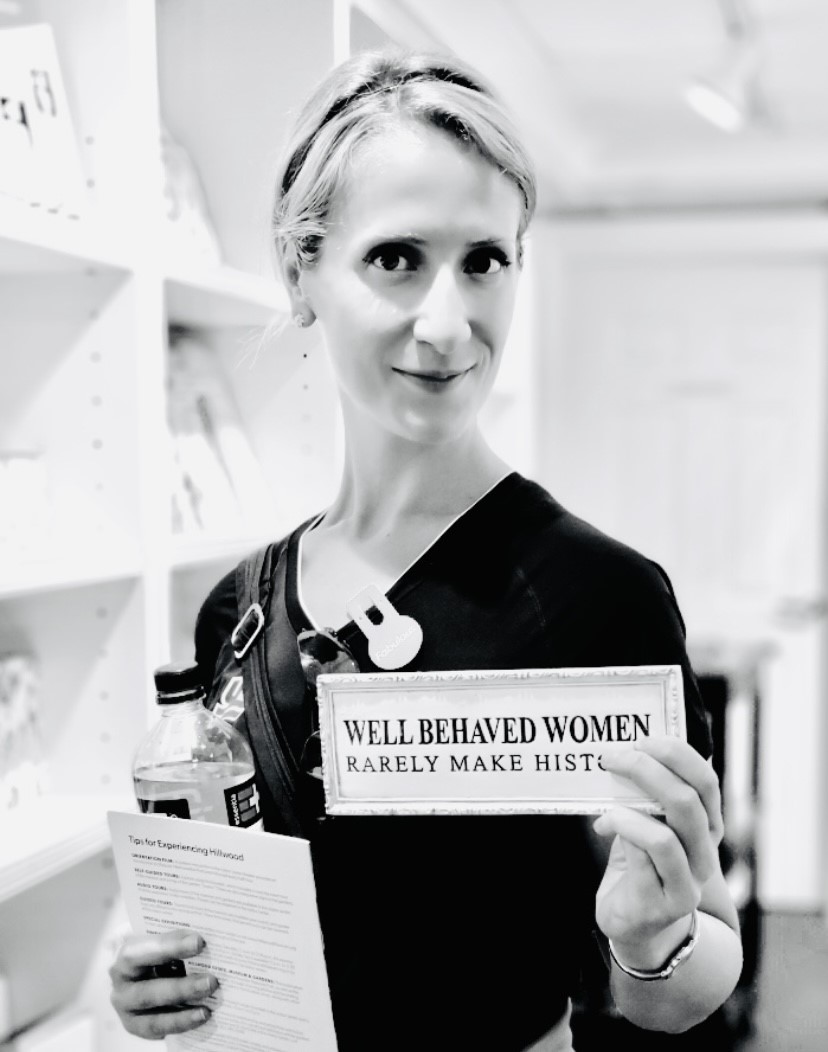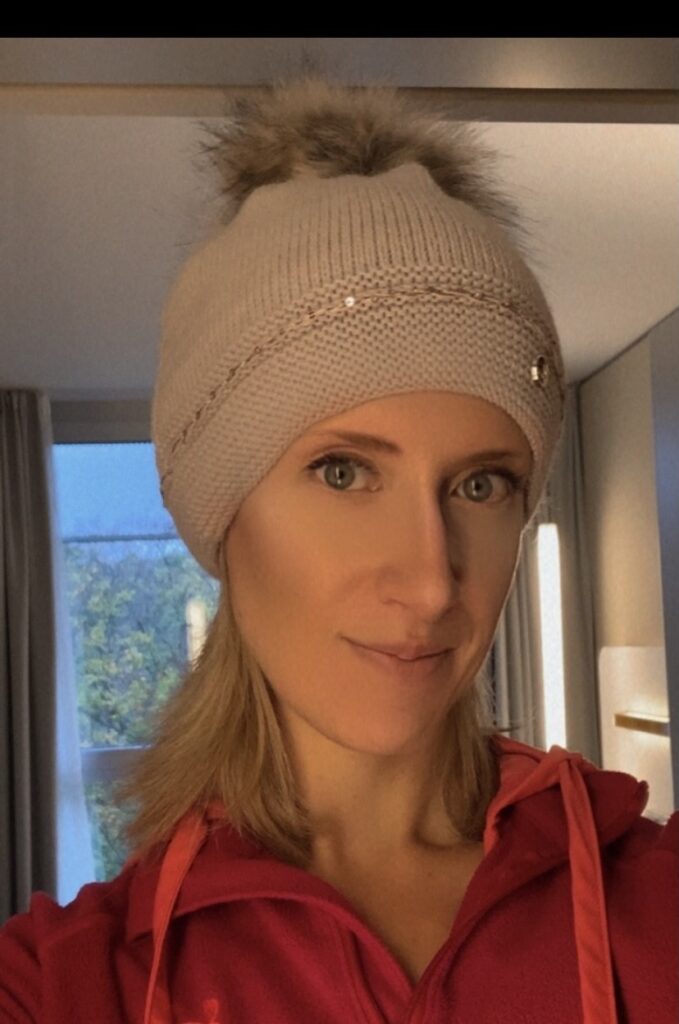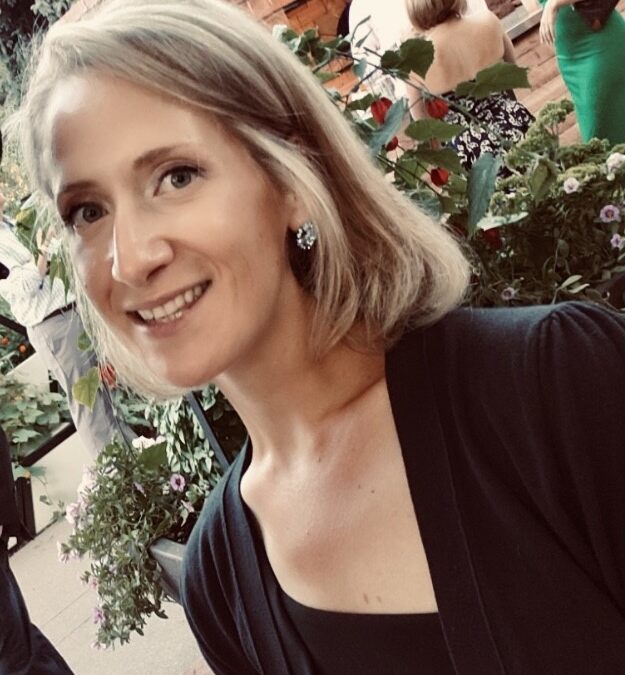 We’re so grateful to have you as our Mentor Spotlight of the Month! Can you tell us a little bit about yourself?
We’re so grateful to have you as our Mentor Spotlight of the Month! Can you tell us a little bit about yourself?
“My name is Marina. I have been a volunteer with EDF on and off since 2013. EDF was an important part of my own recovery process, the need for which I ignored for over a decade. My experience motivated me to seek professional training in this space so that I can be a better mentor and support group facilitator. The work that EDF has been doing, especially since the beginning of the pandemic, is remarkable. I am grateful to be a part of EDF.”
How long have you been a mentor at EDF?
“I have been a mentor since the program re-launched in the fall of 2018.”
What is your favorite part of mentoring?
“I truly enjoy getting to know the other person on such a deep level. The fact that we both can share our vulnerabilities honestly and openly is a unique opportunity for both parties. I love asking my mentees questions that they may never have thought of before. This often helps the mentees view their ED in a different light and serves as a tiny step forward toward their recovery goal.”
What is one thing you wish people knew about the important mentor/mentee relationship in eating disorder recovery?
“Do not come into this thinking that as a mentor you will help “fix the problem”; and the mentees should not expect that either. The true value of the experience lies in the one-on-one support over the course of the mentorship. Sometimes there will be progress, sometimes setbacks or stagnation and that is normal. The important thing is to keep going.”
What would you tell someone who was thinking about becoming a mentor or mentee?
“Take a moment to do a self-evaluation. As a mentor, are you in a mentally/emotionally stable place yourself before taking this on? Transference can be real in these intimate relationships. Same goes for a mentee: ask yourself, will this level and type of support benefit me? Am I truly ready or is this another way for me to stay in the obsession? Do I need a higher level of care?”
What is the best recovery advice you feel like you’ve ever received?
“ED does not define you. Do not get a sense of pride or shame from it. If you view yourself as somehow broken, it is that much harder to continue in recovery when times get tough. Define who you want to be as a human being living to the fullest in your already existing strength and find support to get there.”
